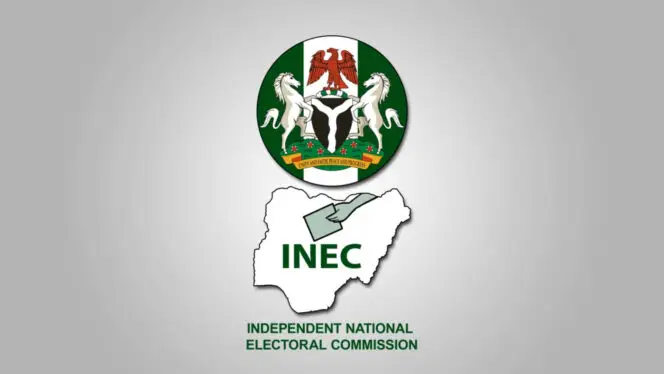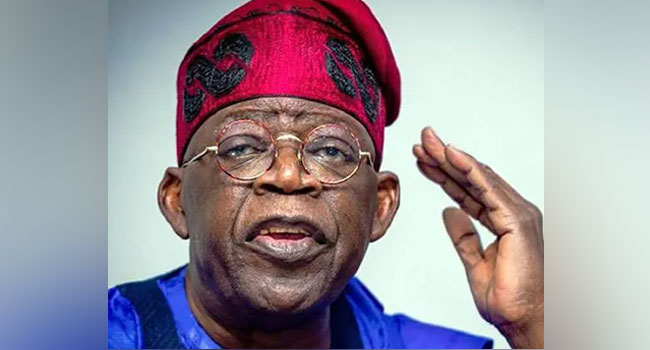The Federal Government has secured a $25.35 million concessional loan from the Kuwait Fund for Arab Economic Development to support a major intervention aimed at reducing the number of out-of-school children in Kaduna State. The funding is part of a broader $62.8 million financing package involving other international partners including the Islamic Development Bank, Global Partnership for Education, Education Above All, Save the Children, and the Kaduna State Government. The agreement will support the implementation of the Reaching Out-of-School Children (ROOSC) programme, a four-year initiative designed to enroll over 100,000 out-of-school children across Kaduna State. The project will deliver significant investments in school infrastructure, with plans to construct 102 new climate-resilient schools and rehabilitate 170 existing learning facilities, particularly in underserved and high-need communities. The programme also includes teacher training, the establishment of non-formal learning centers, and community engagement strategies aimed at breaking down cultural and economic barriers to education. Particular focus will be given to girls, children with disabilities, and internally displaced children. Governor Uba Sani described the loan as a timely boost to Kaduna’s education reform efforts and reaffirmed the state’s commitment to counterpart funding. He noted that education accounts for 26 percent of the state’s 2025 budget, reflecting its priority status. The Federal Ministry of Finance, which signed the agreement on behalf of the Nigerian government, said the initiative aligns with President Bola Tinubu’s Renewed Hope Agenda and is a significant step toward human capital development. The Kuwait Fund expressed confidence in Kaduna’s capacity to deliver on the project, citing strong political will and a clear implementation framework. Kaduna State has recently reported progress in reducing the number of out-of-school children, with a drop of over 300,000 since 2024 following state-led education reforms. Implementation of the programme will be jointly monitored by the Federal Government, Kaduna State, and development partners to ensure transparency, accountability, and measurable impact.










